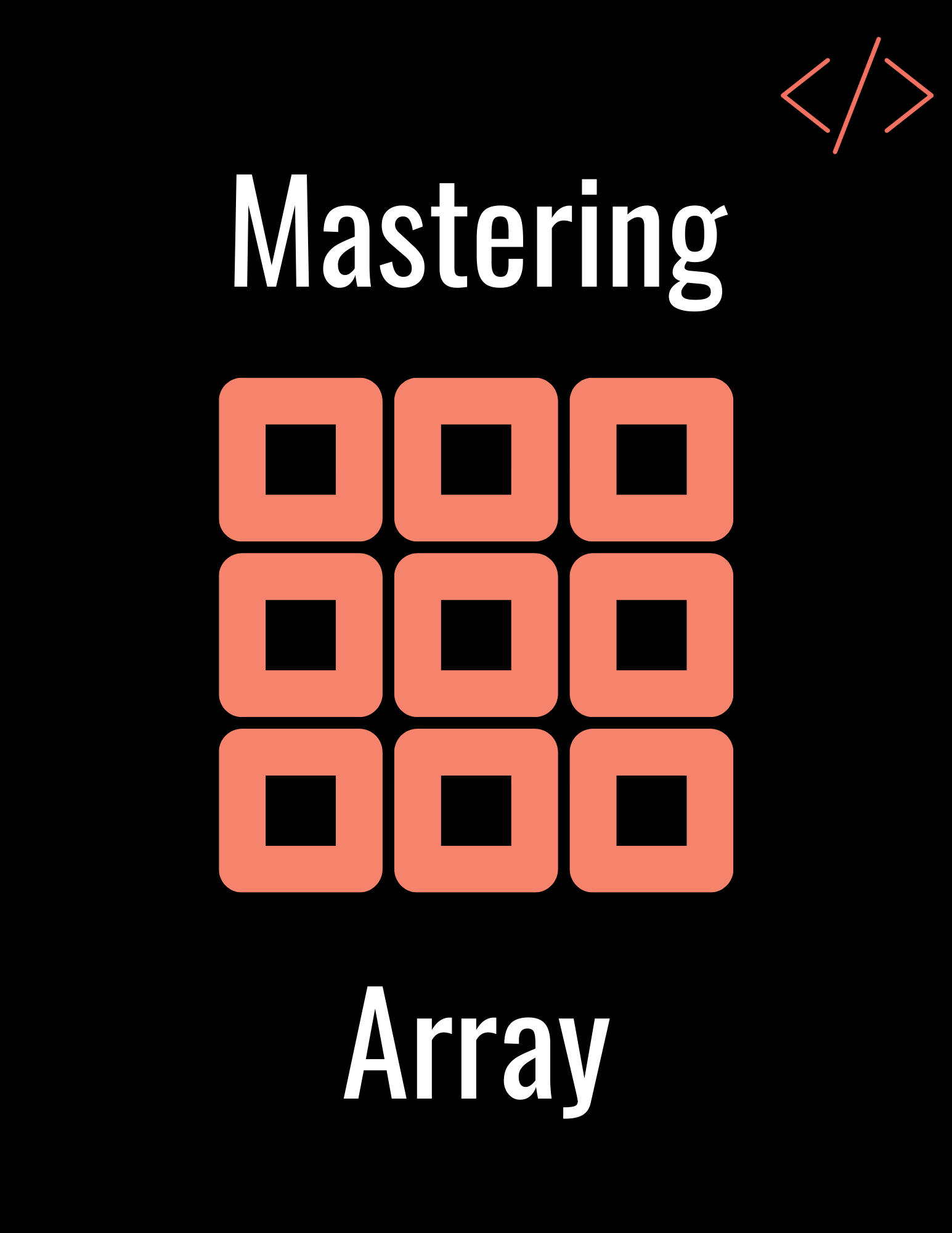Question
A super class Number is defined to calculate the factorial of a number. Define a sub class Series to find the sum of the series S = 1! + 2! + 3 ! + 4!+ . . . . . . . . . … . ..+n!
The details of the members of both the classes are given below:
Class name:Number
Data member/instance variable:
n:to store an integer number
Member functions/methods:
Number(int nn):parameterized constructor to initialize the data member n=nn
int factorial (int a):returns the factorial of a number (factorial of n = 1x 2x 3 x . . . . . . . . . x n)
void display():displays the data members
Class name:Series
Data member/instance variable:
sum:to store the sum of the series
Member functions/methods:
Series( . . .):parameterized constructor to initialize the data members of both the classes
void calsum( ):calculates the sum of the given series
void display( ):displays the data members of both the classes
Assume that the super class Number has been defined. Using the concept of inheritance, specify the class Series giving the details of the constructor( . . .), void calsum( ) and void display( ).
The super class, main function and algorithm need NOT be written.
Share code with your friends
Share on whatsapp
Share on facebook
Share on twitter
Share on telegram
Code
class Series extends Number
{
long sum;
Series(int nn)
{
super(nn);
sum=0;
}
void calsum()
{
for (int i= l ;i<=n;i++)
{
/*Factorial() already defined in class Number*/
sum=sum+factorial(i);
}
}
void display()
{
super.display() ;
System.out.println("sum of the series="+sum) ;
}
}










